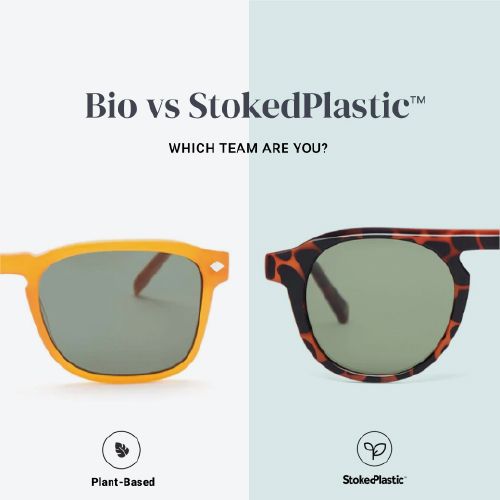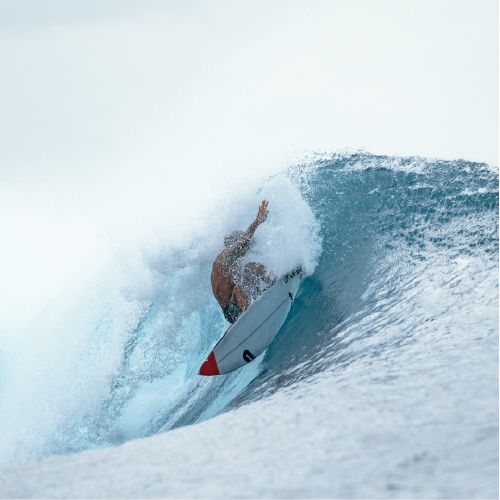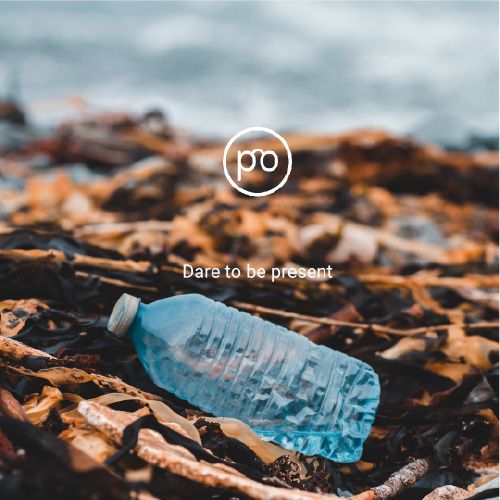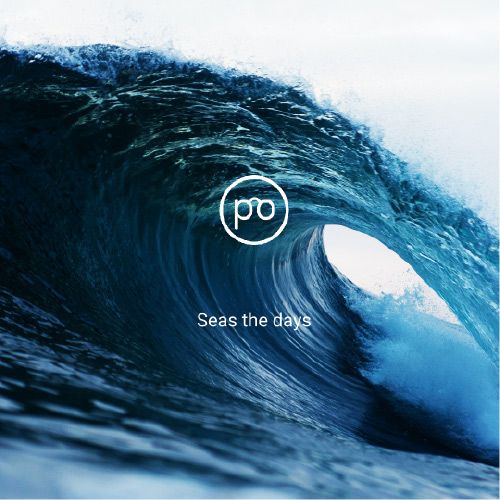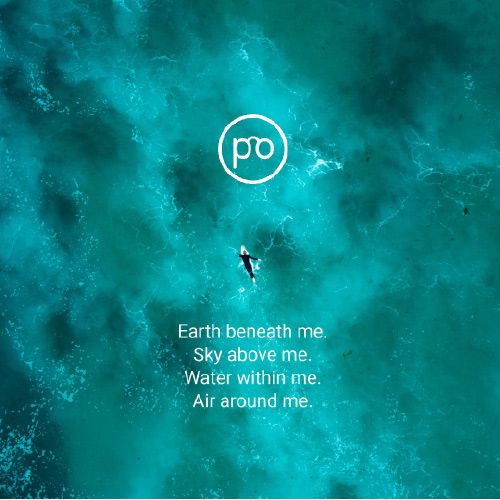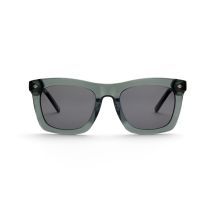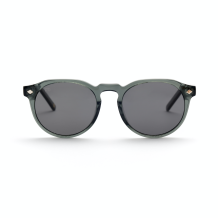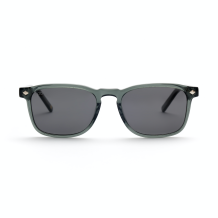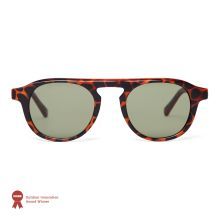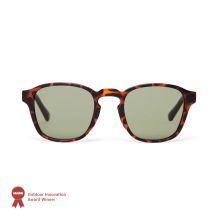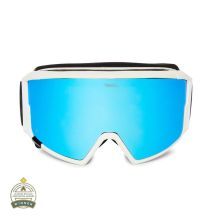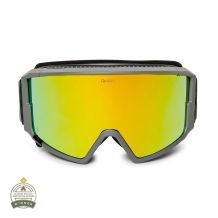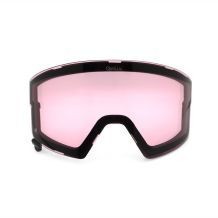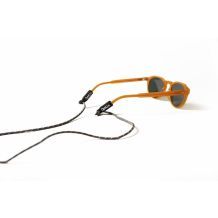Nature is our muse and our mission.
We didn't follow any well-trodden path and wind up here. We travelled the world, fell in love with our planet and found a way to make sustainable sunglasses and goggles along the way.
Learn more about us in the tabs below...
Who We Are
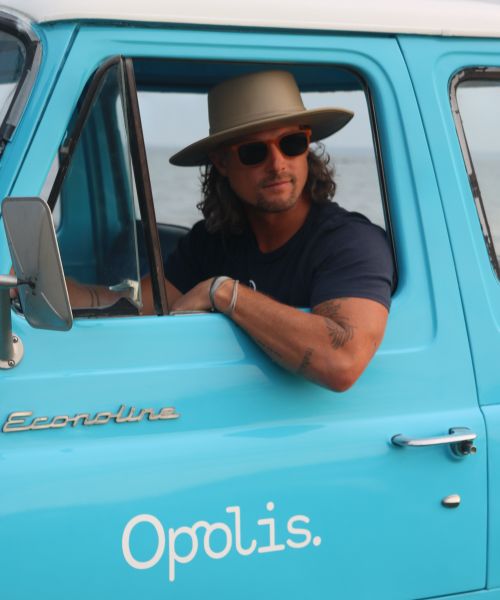
James’ decade of experience as an USAID contractor led him to developing Opolis - a truly sustainable line of sunglasses. James first saw how single-use plastic led to degradation of natural resources, and impacted low-income communities. Through technological innovation, Opolis uses plant based and rPET plastic that is, or would end up in, the ocean as upcycled material for durable goods like sunglasses.
Opolis is intentional about the sourcing of the plastic to be reused through creating jobs in Kenya, Indonesia, and the Philippines. Eventually, the rPET will be able to be used in other durable goods to put plastic to use instead of the garbage. As consumers, James and Opolis wants to empower consumers to take accountability into their hands by researching products' supply chains to determine if it aligns with their own definition of sustainability.
It starts with shades. Yes. Opolis is making sunglasses out of plant based and recycled plastics. But that's just the beginning. That's just to get people’s attention. It’s to help people to see the world through, not Opolis’ eyes, but hers – Earth.
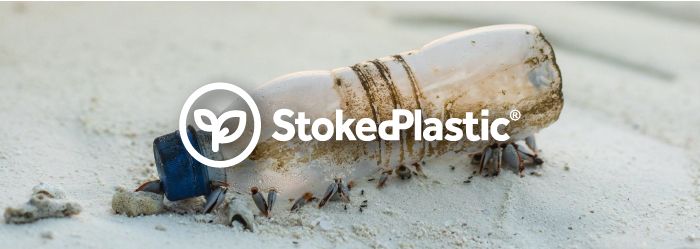
I N T R O D U C I N G
Recycled Ocean Plastic Collection
Our StokedPlastic™️ collection is made of 100% recycled Polyethylene Terephthalate also known as rPET. Polyethyune Terapthalate is the main ingredient in plastic bottles. To ensure we are helping to leave the planet better than we left it Opolis Optics has teamed up with local rPET manufacturers based in Bali, Manila, and Nairobi to assist in the cleanup of their beaches, oceans and landfills while ensuring that local businesses that are making a positive impact on their community and environment are being recognized and rewarded.
By 2050, it’s projected there will be more plastic than marine life in the ocean. That is terrifying to us. So Opolis is doing something about it. We’re removing the most common piece of garbage that litters our oceans and landfills and turning them into stunning, premium eyewear. This is where style meets sustainability.
Join us.
PET vs. rPET
PET is short for Polyethylene Terephthalate. Sounds scary, but it’s just the chemical name for polyester. The main difference between PET and rPET is that rPET stands for recycled PET which has direct affilation with outbound plasitc or plastic found in the envrionment. Because we are committed to clean our oceans and landfills we have choosen to use rPET as our material source.
Look, 9 million TONS of plastic waste spill into our oceans every year, and PET is one of the most commonly used plastics out there. It’s found in most water and soda bottles, and some packaging materials. Have you ever seen the #1 in the triangular “chasing arrows code” on your Poland Springs bottle? That signifies a PET material. It’s usually intended for single-use applications, which is why our oceans and landfills are RIDDLED with it.
Opolis’ network of advocates in Bali, Nairobi, and Manila collect this ocean and landfill plastic, whereupon bottles are cleaned, heated, sorted, and the usable plastics are broken down. The rPET/upcycled materials are then shipped via climate-neutral shipping to our facilities in China, where Opolis eyewear is manufactured. Browse Opolis’ rPET collection and give the world’s most useful plastic a second life.
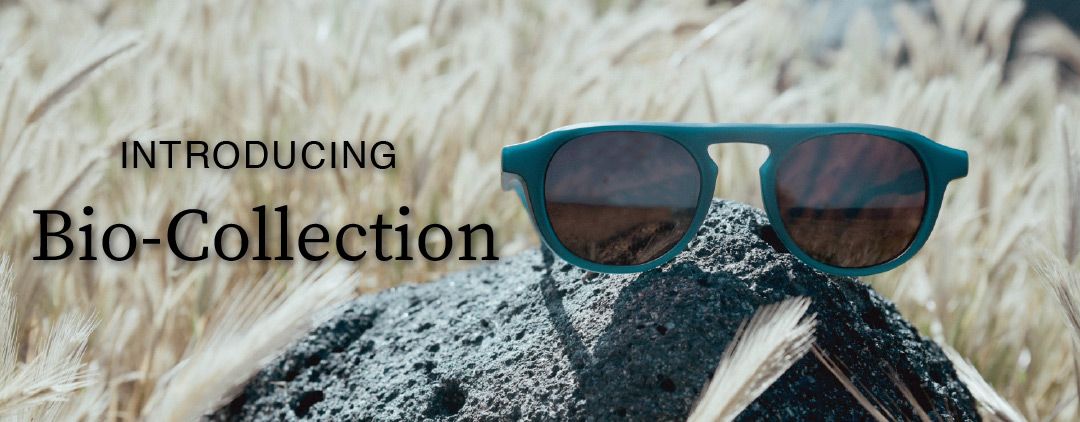
Since the very beginning Opolis knew it wanted to develop a collection that would complement its StokedPlastic™ Collection and its commitment to the environment. By using the very best bio-acetate we’ve accomplished just that. With the introduction of this amazing collection we are not only able to provide our customers with a premium product but a product that doesn’t hurt the environment.
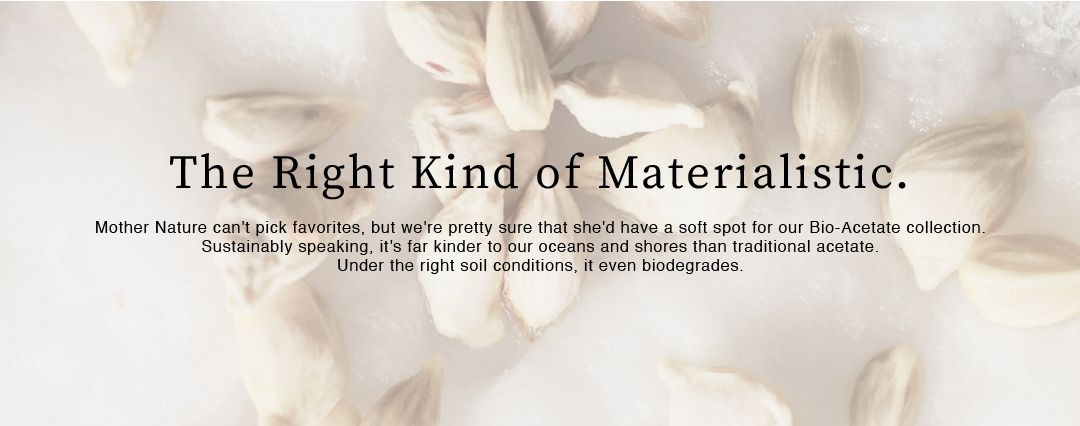
Made Sustainably.
Disintegrates eventually.
But don’t worry, not sooner than you’d like.
As verified by the Belgian Organic Waste System Institute, this form of bio-acetate biodegrades in 115 days in landfills. Under normal circumstances, it can take plastics upwards of 400 YEARS to decompose completely.
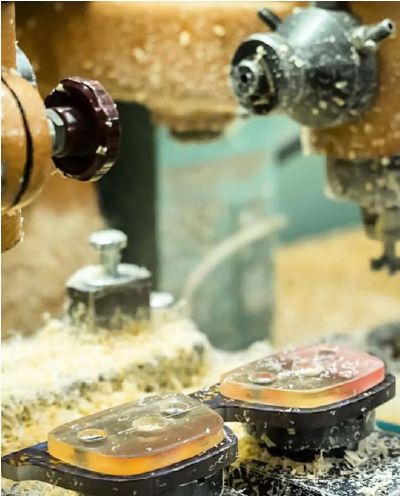
Acetate vs Bio-Acetate
Wake up and smell the acetate! Acetate is the main hardware ingredient in most high-end eyewear. Although durable and picturesque, its roots are far from green…
To make acetate, you need plasticizers: a substance often added to materials to make them more pliable. Unfortunately, plasticizers are petroleum-based. The material itself is not only harmful to the environment, but requires an increased CO2 output within its production. Now, as a growing number of companies have started to work green initiatives into their business models, they’re looking for a way to pivot.
Acetate’s back, baby – this time with a twist. And fewer carbon emissions! Enter Bio-Acetate, a group of plant-based polymers made from natural materials such as hemp, red pulp, and cotton seeds. From these sources, the purest parts are extracted and turned into a powder, unlike acetate’s oil-based derivatives. Through the amazing efforts of our supplier, we have found a way to replace phthalate-based plasticizers with organic additives.
Does this make Bio-Acetate the be-all, end-all of sustainable materials? Of course not. But it is a move in the right direction. And at Opolis, we are in it for the long haul.
Fossil Fuels Are Out, Biodegradables Are In
Opolis Optics - Brand Overview
